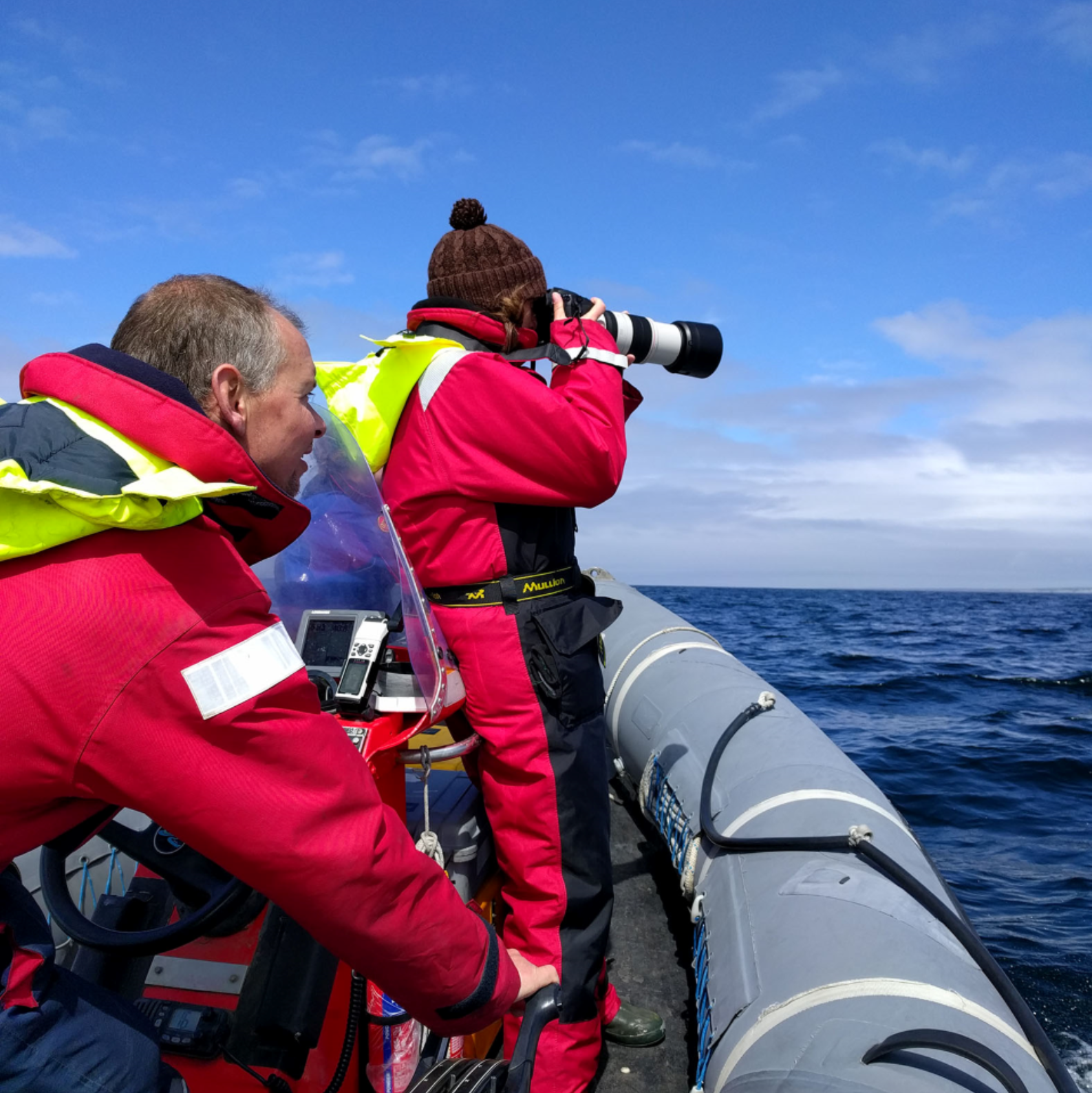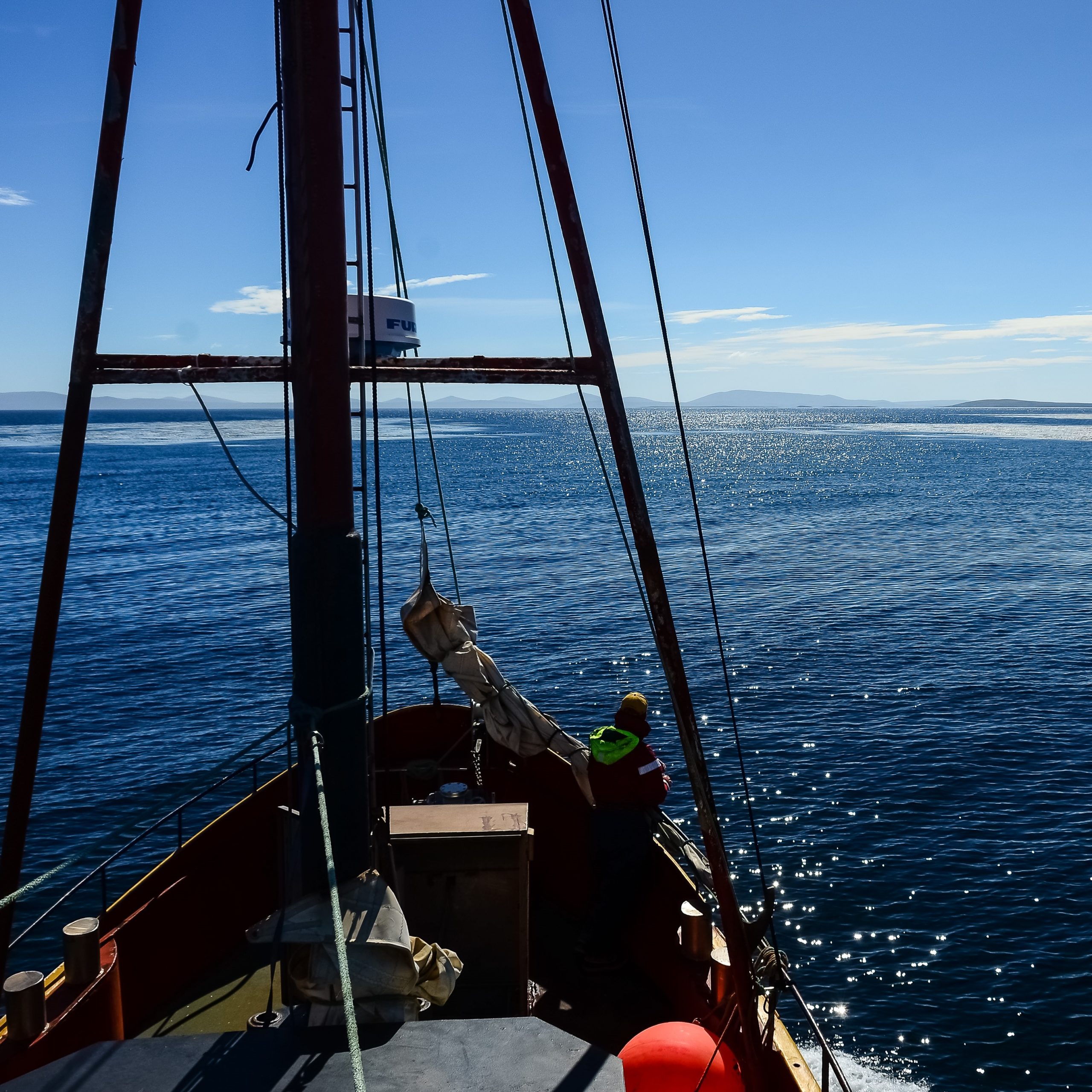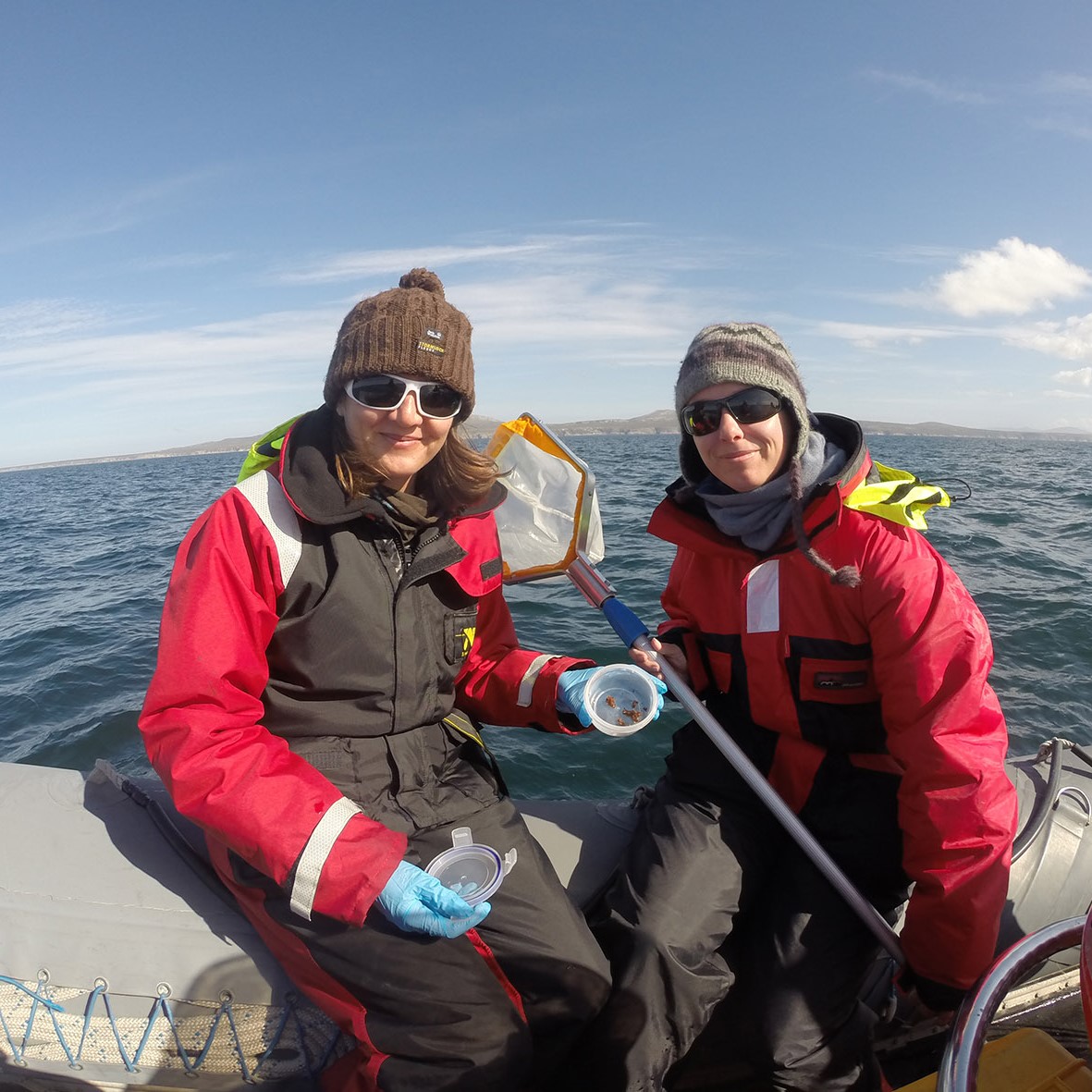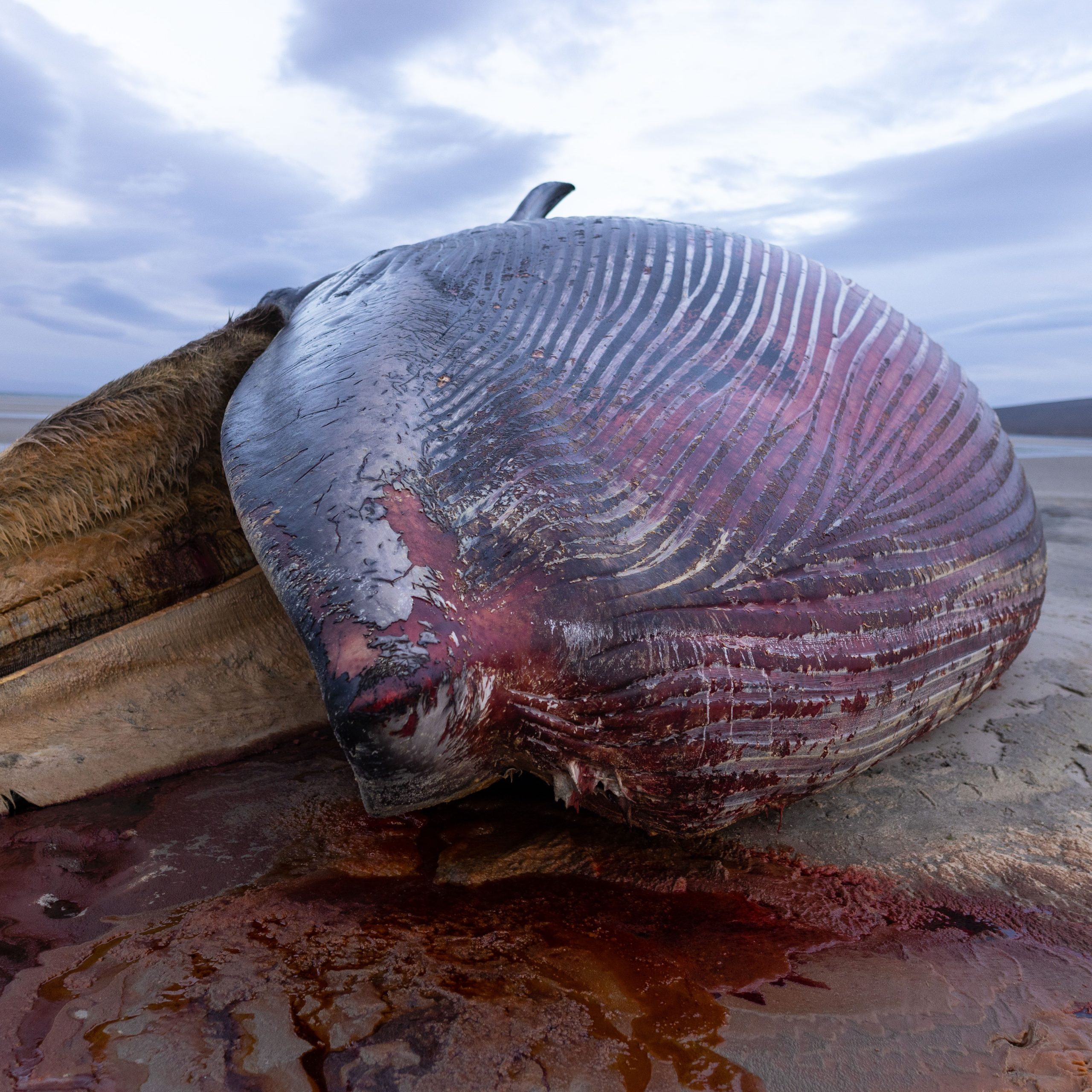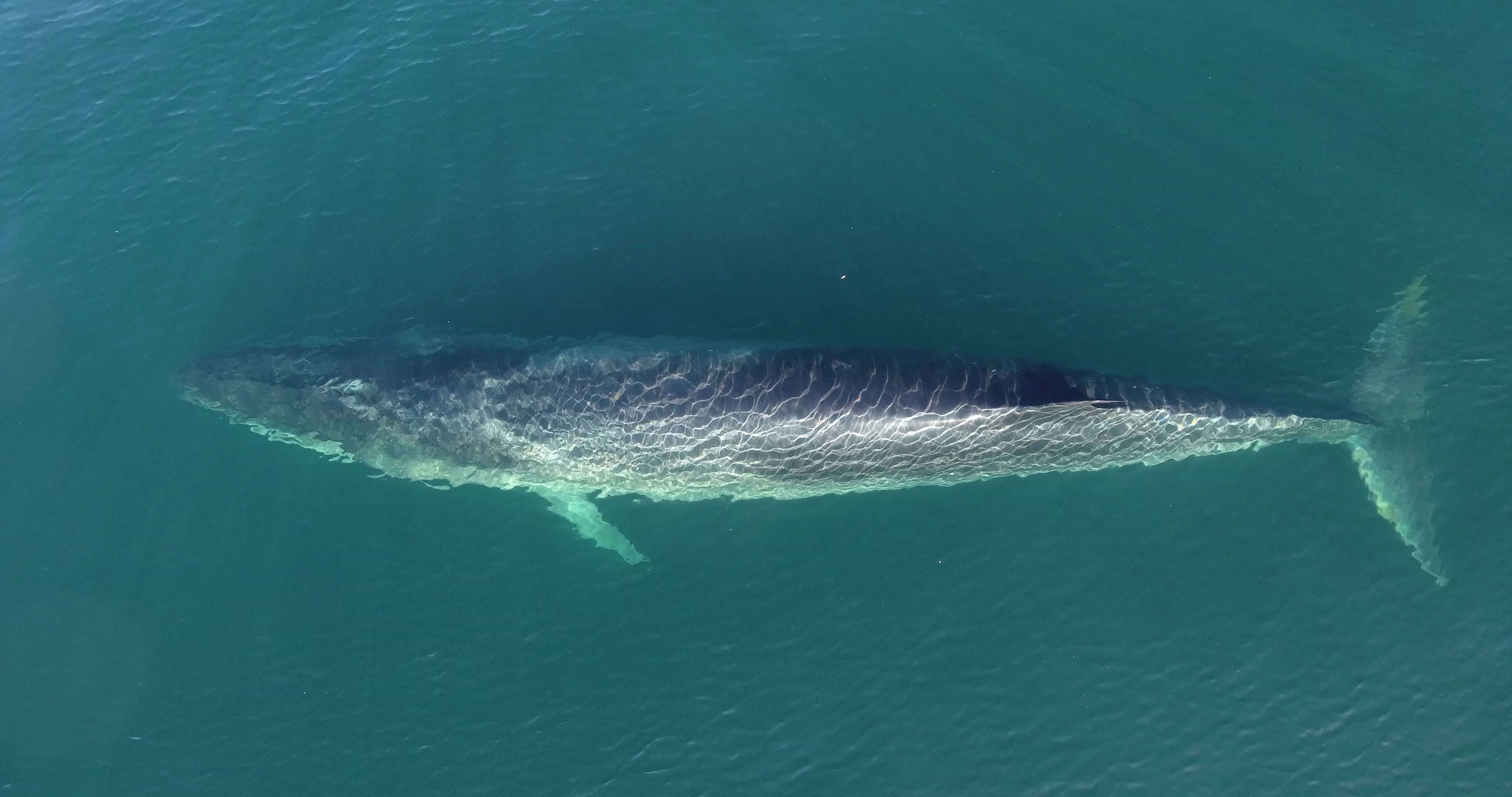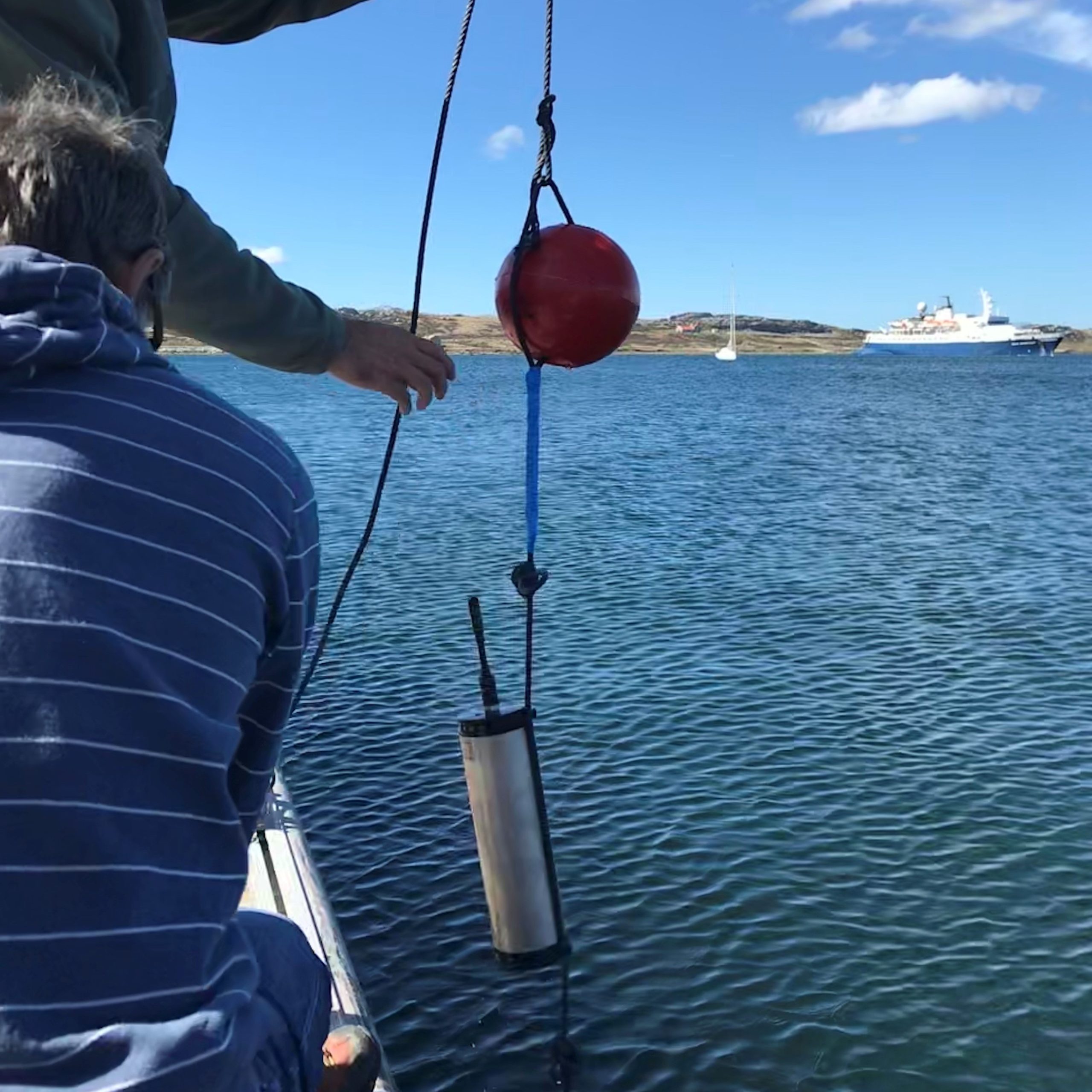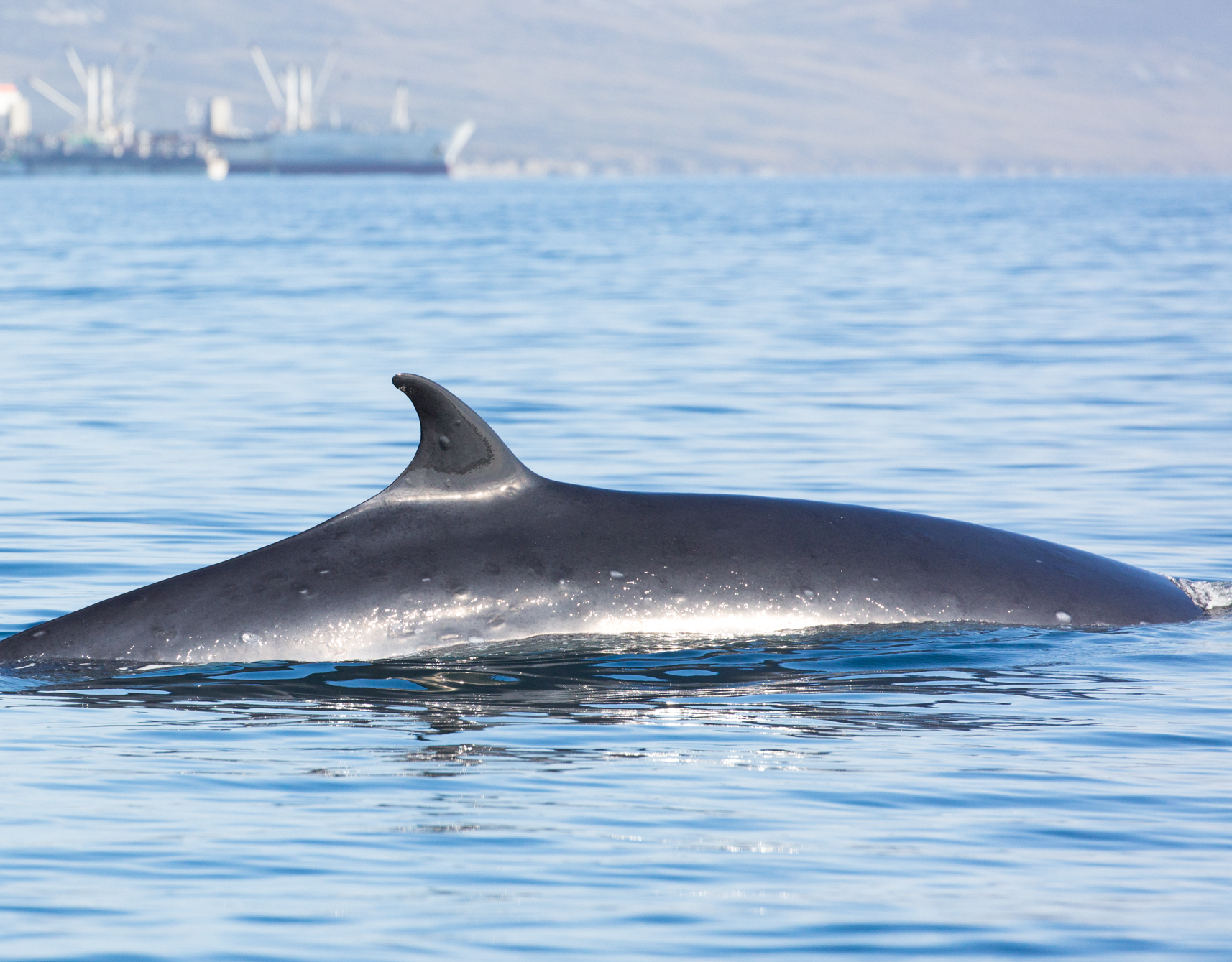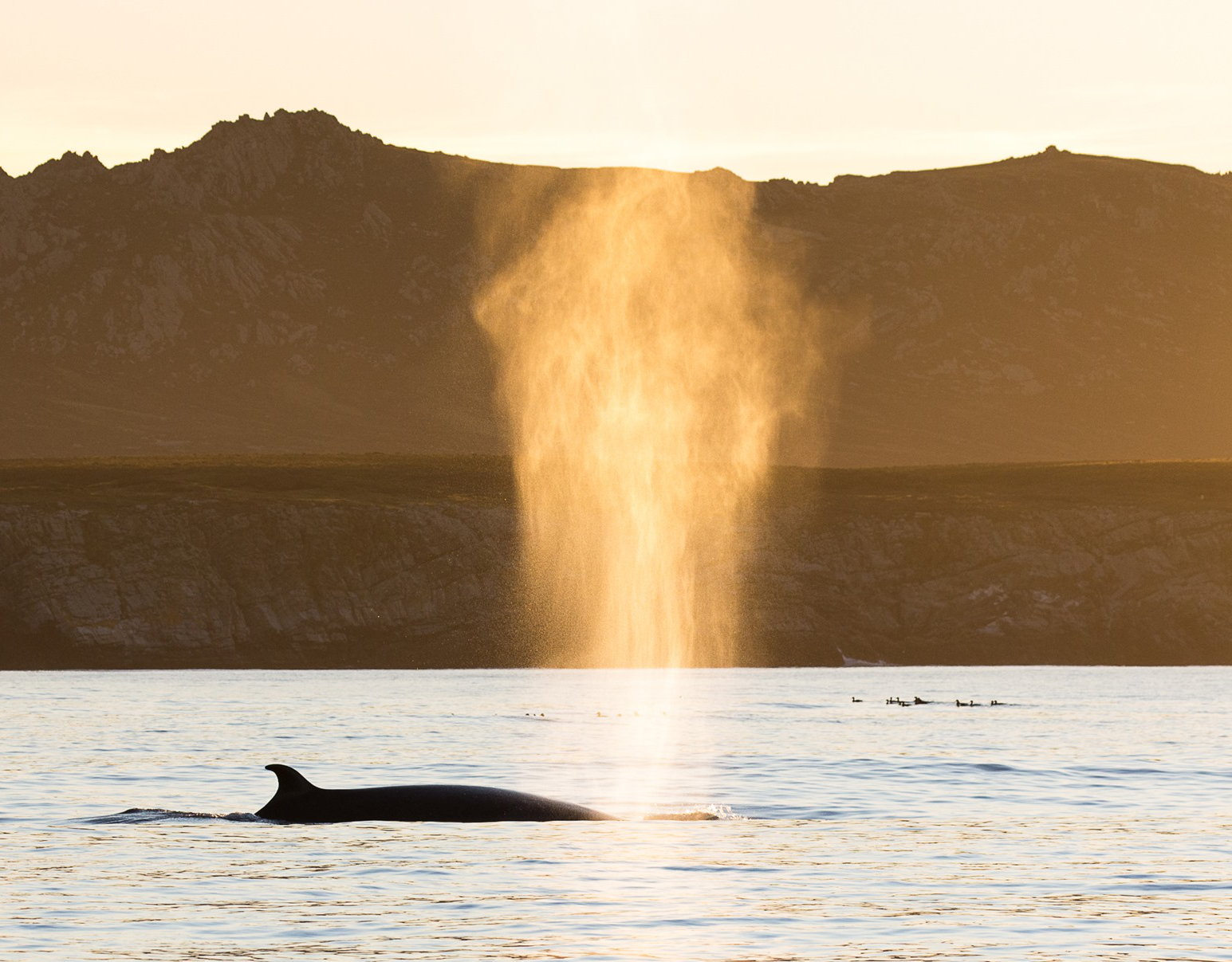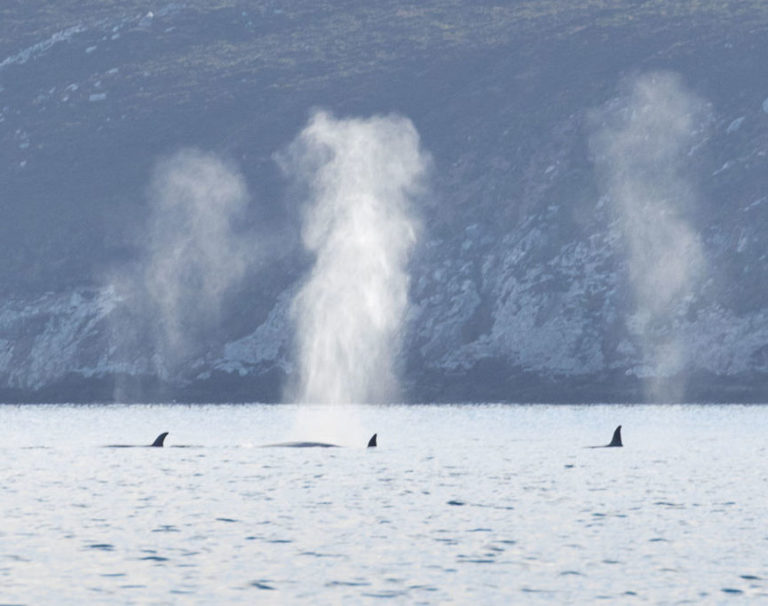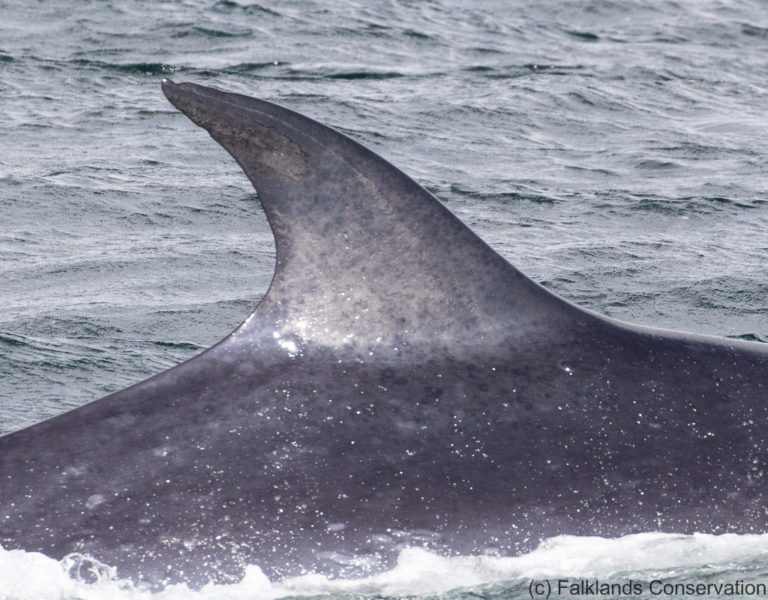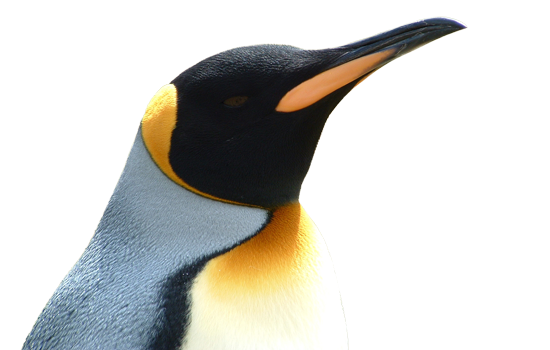Whale
projects

Since beginning our work on baleen whales in 2016, it’s become clear that Falklands’ waters are a stronghold for several whale species. This is one of the few places worldwide where globally-Endangered sei whales can be seen from shore and found in accessible and predictable seasonal feeding areas for study. Since 2017, Falklands’ waters have also been documented as a novel wintering ground for the charismatic southern right whales.
Our goal has been to better understand these species; their distributions, population size, ecology, and interactions with human activities. This information is critical to developing effective conservation and management of whale populations, and ensuring their continued recovery from the whaling era. Currently, baleen whales can be threatened by vessel collisions, entanglement in fishing gear, prey reduction, contaminants, harmful algal blooms, and disturbance from shipping noise.
OUR RESEARCH
To carry out this research we’ve undertaken a variety of complementary activities on our whales. Click the arrows below to see what these have included:
Follow @FalklandsWhale for more on our research activities
FUNDED PROJECTS
Our whale research has received funding to date that includes:
2021–2024: Darwin Plus (DPLUS126) – Advancing Falklands and region-scale management of globally important whale populations.
2018–2022: Darwin Plus (DPLUS082) – Conserving Falklands’ whale populations: addressing data deficiencies for informed management.
2018: Royal Society for the Protection of Birds, Falkland Islands Government, and Falklands Conservation – Abundance and distribution of sei whales on the west coast of the Falklands.
2017: EU BEST 2.0 – Developing a site-based conservation approach for sei whales at Berkeley Sound, Falkland Islands.
2017: Royal Society for the Protection of Birds – Genetic diversity of Falkland sei whales.
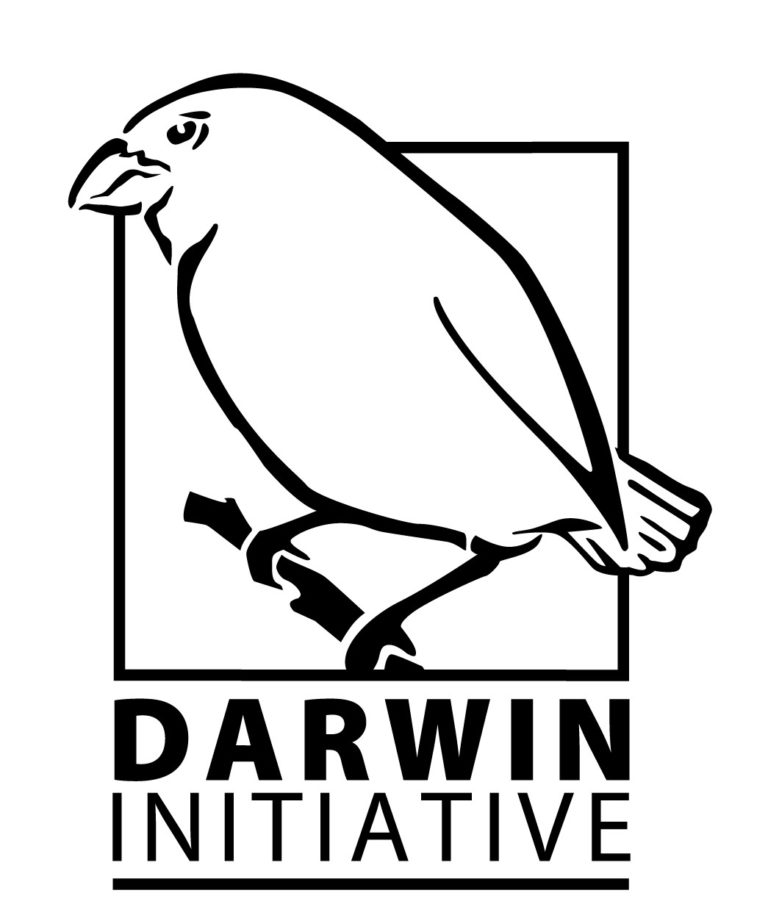
The below 15 minute documentary was filmed alongside our 2020 whale surveys, and delves into the lives of the sei and southern right whales of the Falkland Islands, as well as the research that we have been undertaking to learn more about these fantastic whales.
Follow @FalklandsWhale on facebook.




